
Former U.S. secretary of state Henry Kissinger is greeted by students and faculty of Nanjing University on June 23, 2007, during the 20th anniversary celebrations of the Johns Hopkins University-Nanjing University Center for Chinese and American Studies in Nanjing, Jiangsu province. (Photo by Song Qiao/For China Daily)
Scottish American writer-historian Niall Ferguson, who had immersed himself in Kissinger's private papers, correspondence and academic writings from Harvard, where Kissinger was a student and later a professor, sought to fathom the man in his 2015 book Kissinger 1923-1968: The Idealist.
"The idea of Kissinger as the ruthless arch-realist is based on a profound misunderstanding," Ferguson wrote, pointing to Kissinger's undergraduate thesis "The Meaning of History", in which the aspiring intellectual, after having studied the 18th-century German philosopher Immanuel Kant, said, "Peace is therefore the noblest goal of human endeavor, the affirmation of the ultimacy of man's moral personality."
Speaking to the UN General Assembly on Sept 24, 1974, Kissinger, then newly appointed as U.S. secretary of state, and who first gained public attention as a nuclear strategist a decade before, echoed his younger self. "Two centuries ago, the philosopher Kant predicted that perpetual peace would come eventually. … What seemed utopian then looms as tomorrow's reality," he said, alluding to the avoidance of nuclear annihilation.
Nixon made Kissinger his national security adviser after taking office in 1969. With a shared strategic approach to foreign policy, the two pursued the dual approaches of detente with the Soviets and opening to the Chinese throughout the late 1960s and early 1970s.
"Our basic strategy was to be closer to both of them than they were to each other," reflected Kissinger, whose ultimate goal was, in his own words, "to shape a global equilibrium" that he and Nixon believed could best serve U.S. national interests.
"I'd like to think that what I have tried consistently to do is to think in long-range terms and in the national interest, but in the national interest related to the national interests of other countries. Because if you assert only your interests, without linking them to the interests of others, you will not be able to sustain your efforts," Kissinger said.
A prolific author of intellectually hefty books, Kissinger was effusive about the ancient Chinese military strategist Sun Tzu in his 2011 book On China, written partly based on Kissinger's "conversations with four generations of Chinese leaders".
"Western strategists test their maxims by victories in battles; Sun Tzu tests by victories where battles have become unnecessary," wrote Kissinger, who also traveled to China in his post-retirement days. This saw him continue to meet with prominent U.S. and international leaders in what Lord described as "a remarkable display of savvy, stamina and sway".
Reflecting on his mentor's legacy, Lord said, "Kissinger's single greatest achievement, I would say, was holding this country together in the wake of the Watergate scandal … to maintain American posture and ensure the continuity of its foreign policy."
Tom Watkins, a former adviser for the Michigan-China Innovation Center, said, "Kissinger challenged all of us to take our society from where it is to where it has never been — that is the challenge of leadership."
Kissinger is survived by his wife, Nancy, and two children, David and Elizabeth, from his first marriage, to Ann Fleischer, as well as five grandchildren.
Lamenting the fact that Kissinger was never called back to office since stepping down as secretary of state in January 1977, Wu Xinbo, director of the Center for American Studies at Shanghai's Fudan University, said, "This was largely due to the coming to power of neo-conservatives in the administrations of Ronald Reagan and his successors. Unlike Kissinger, who was aiming for a balance of power favorable to the U.S., the neo-conservatives insist on American primacy and domination, something that Kissinger had consistently warned against."
Kissinger, who credited leaders of his generation with a "willingness to raise their sights beyond the immediate issues of the day", said that the U.S. "must temper its missionary spirit with a concept of the national interest and rely on its head as well as its heart in defining its duty to the world".
Regarding the U.S. and China, Kissinger said, "In a way, they were fortunate that their long isolation from each other meant that there were no short-term day-to-day issues between them."
This, he added, "enabled them to lay the basis for a world unimaginable then but unachievable without Sino-American cooperation".








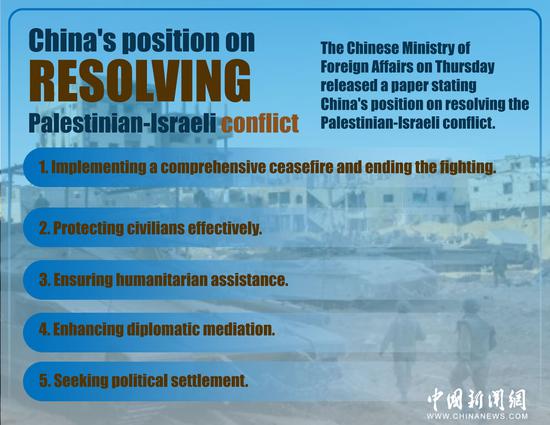

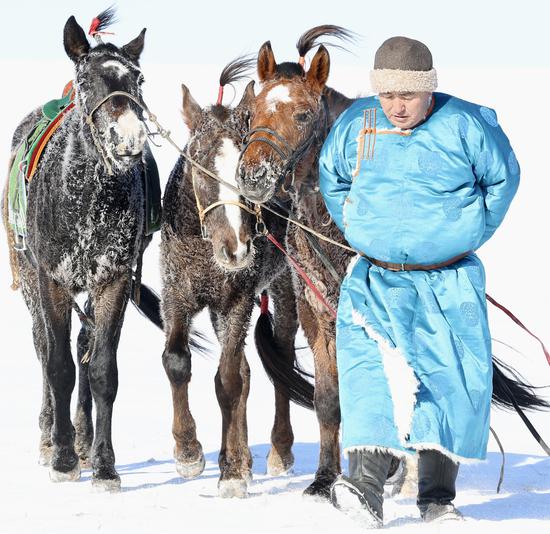
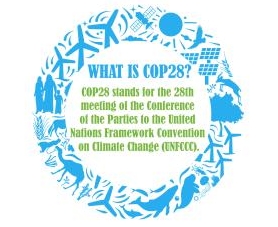
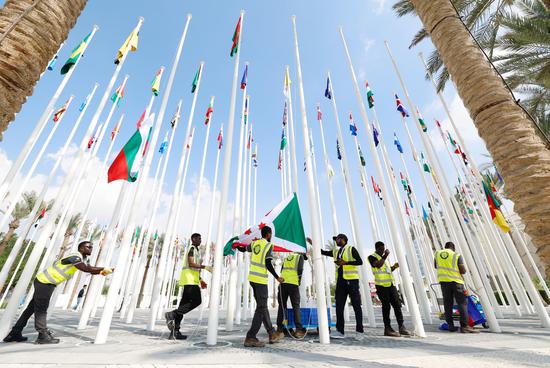

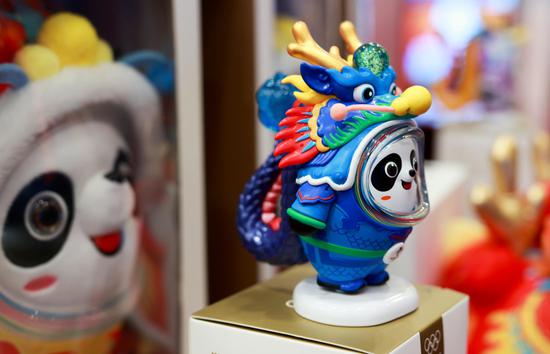
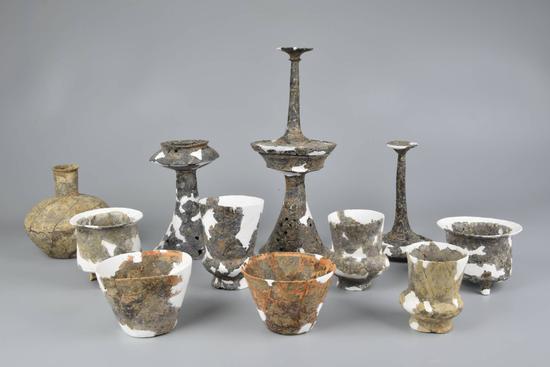
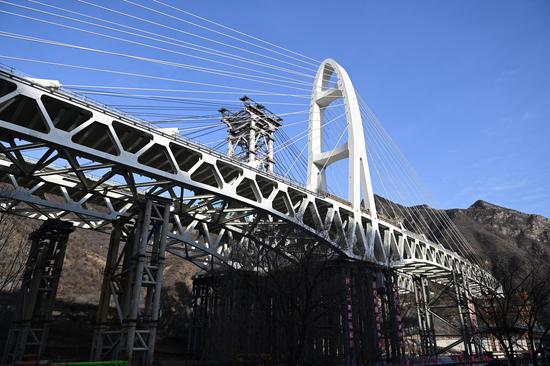
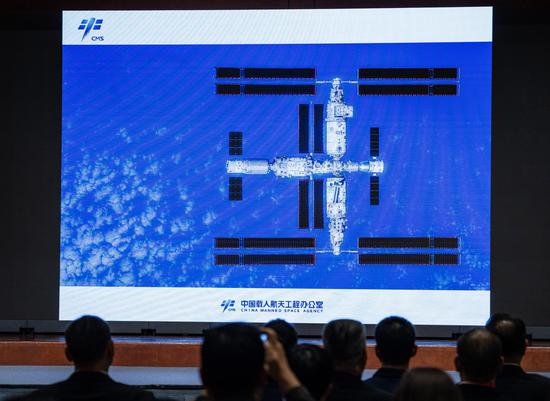
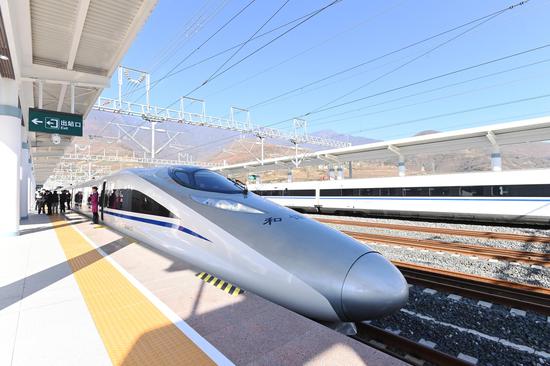
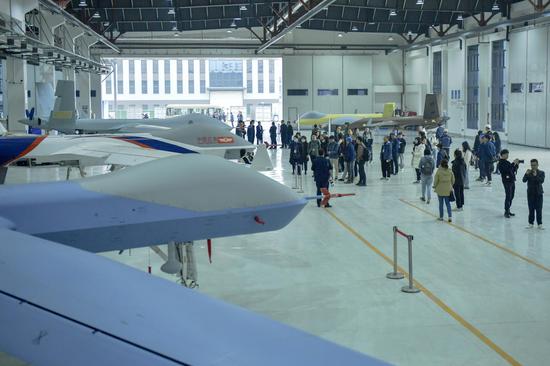


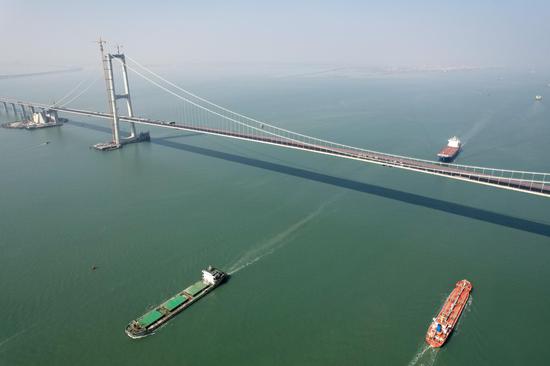
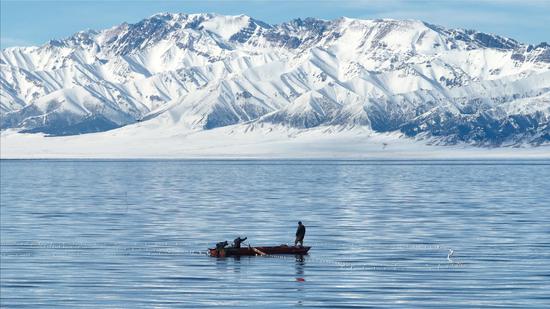
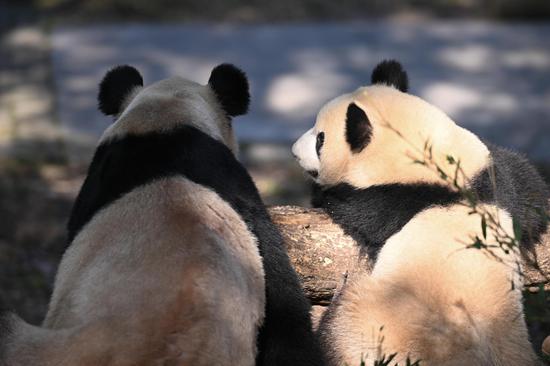
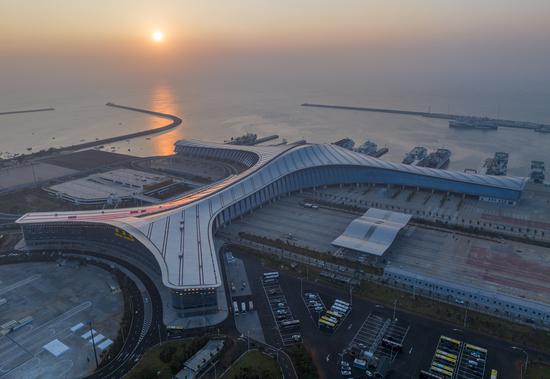

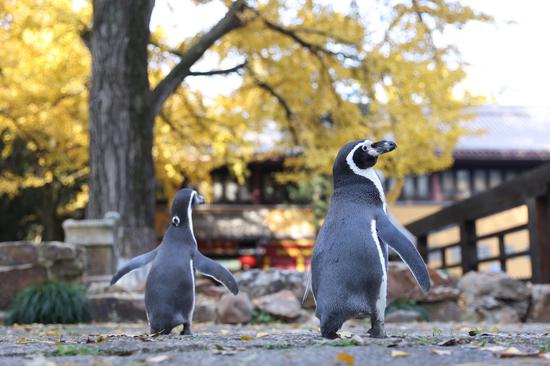

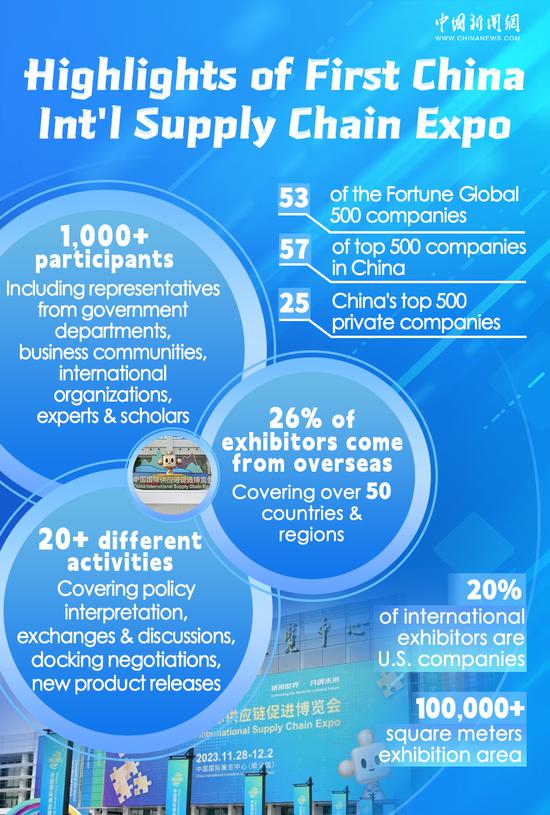


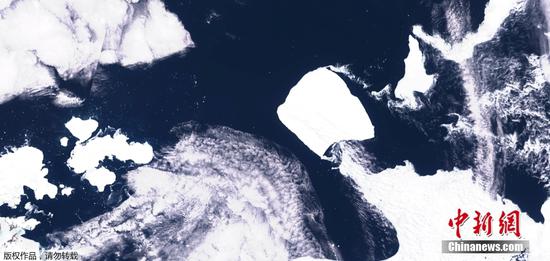
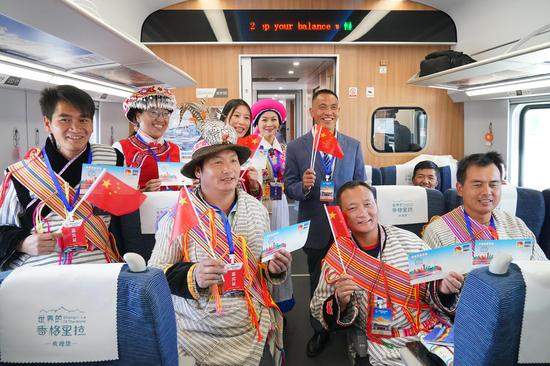
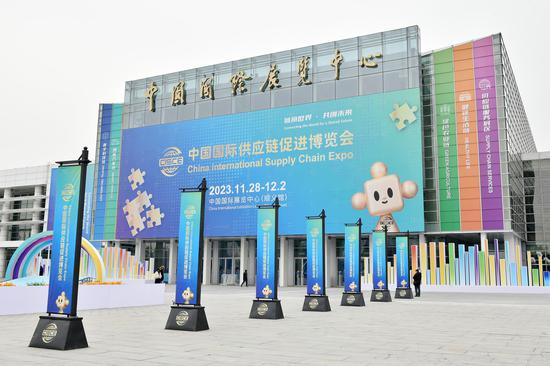
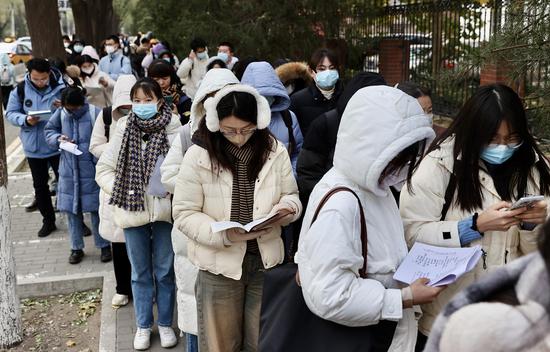


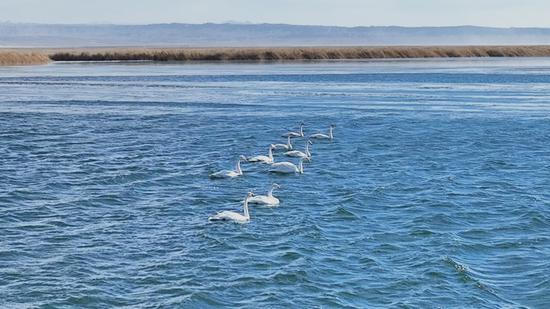

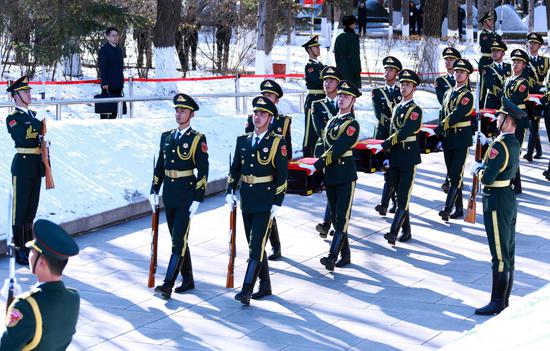
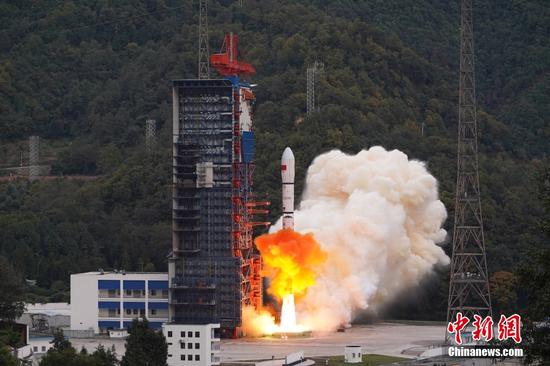
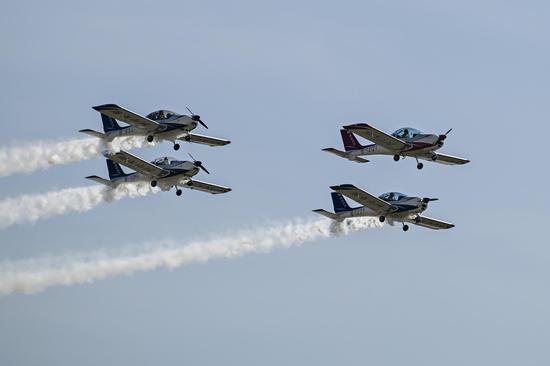
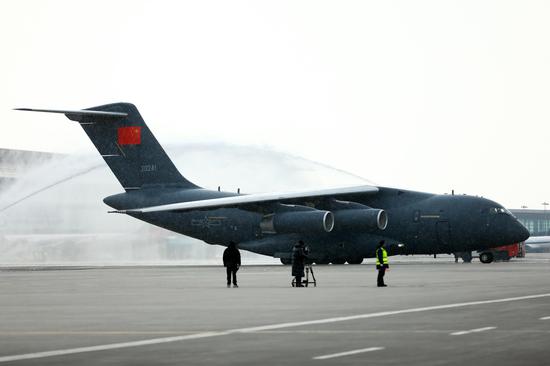






 京公网安备 11010202009201号
京公网安备 11010202009201号